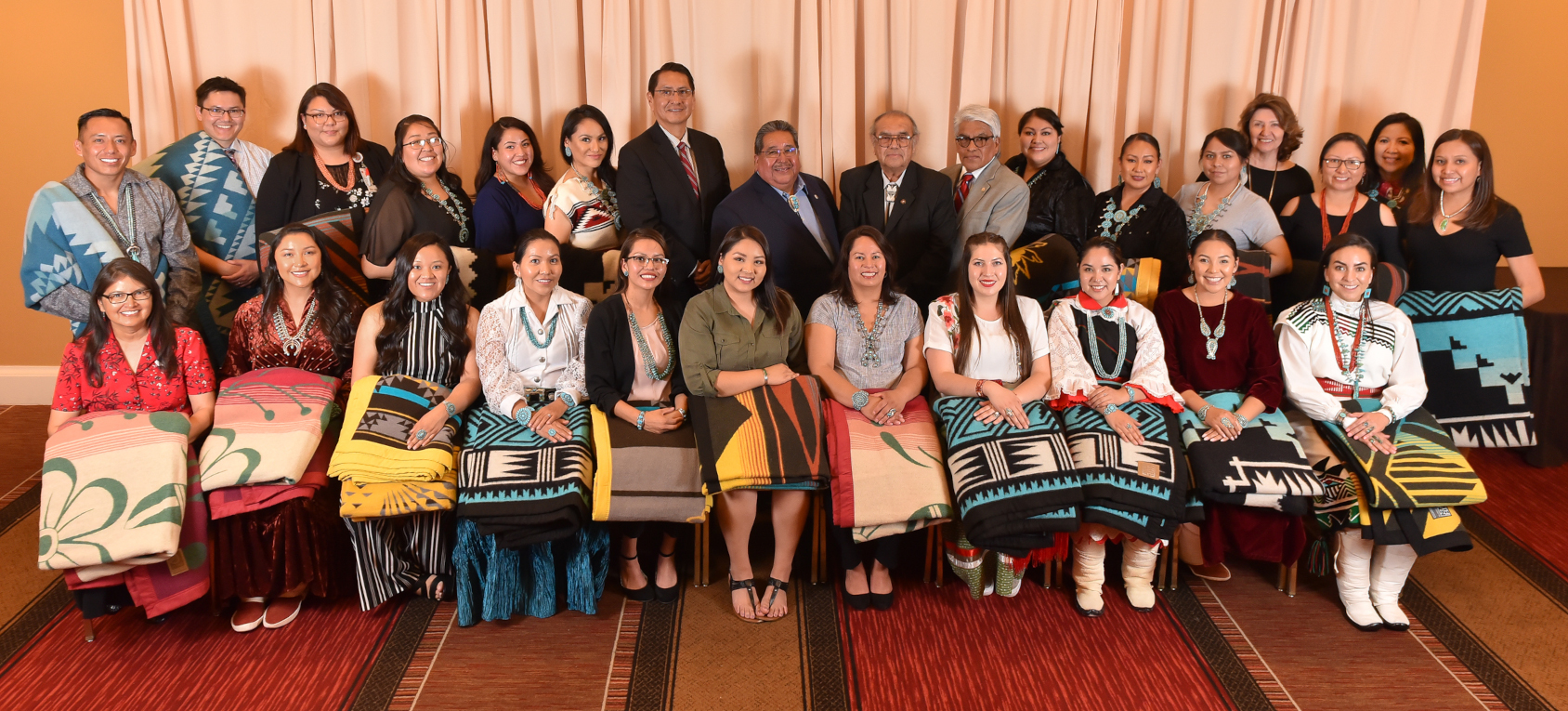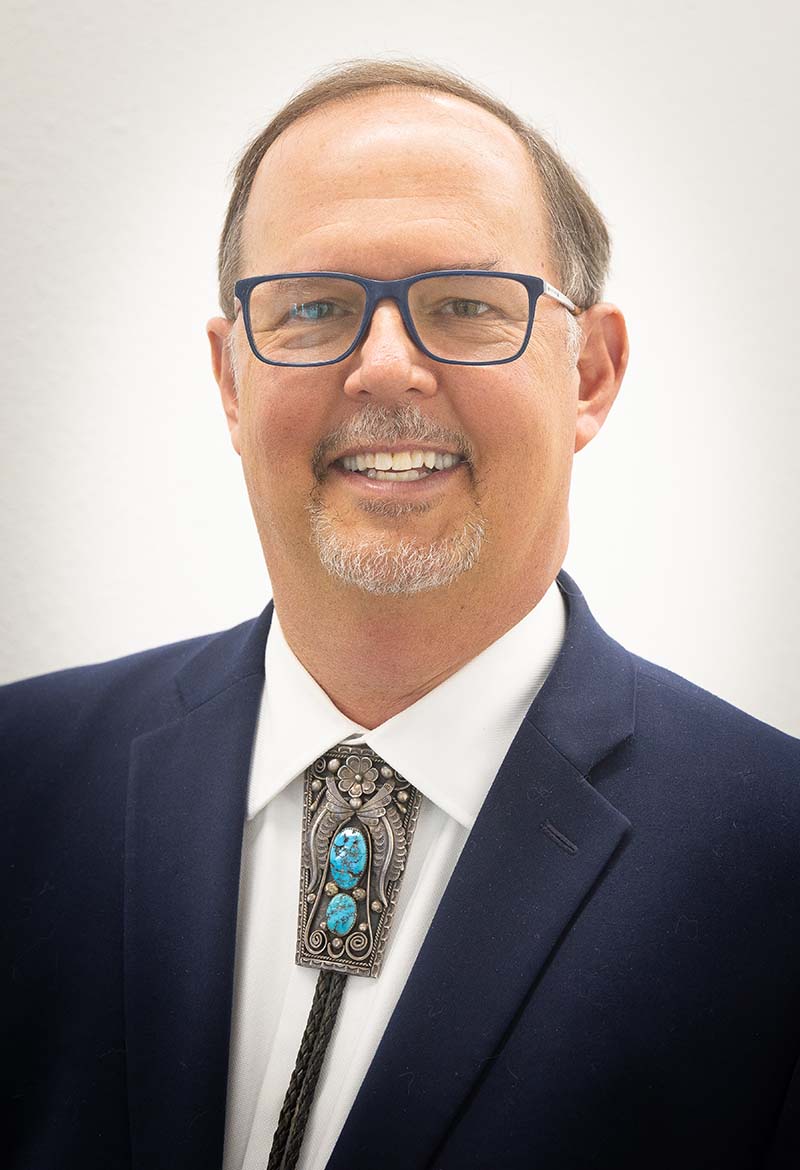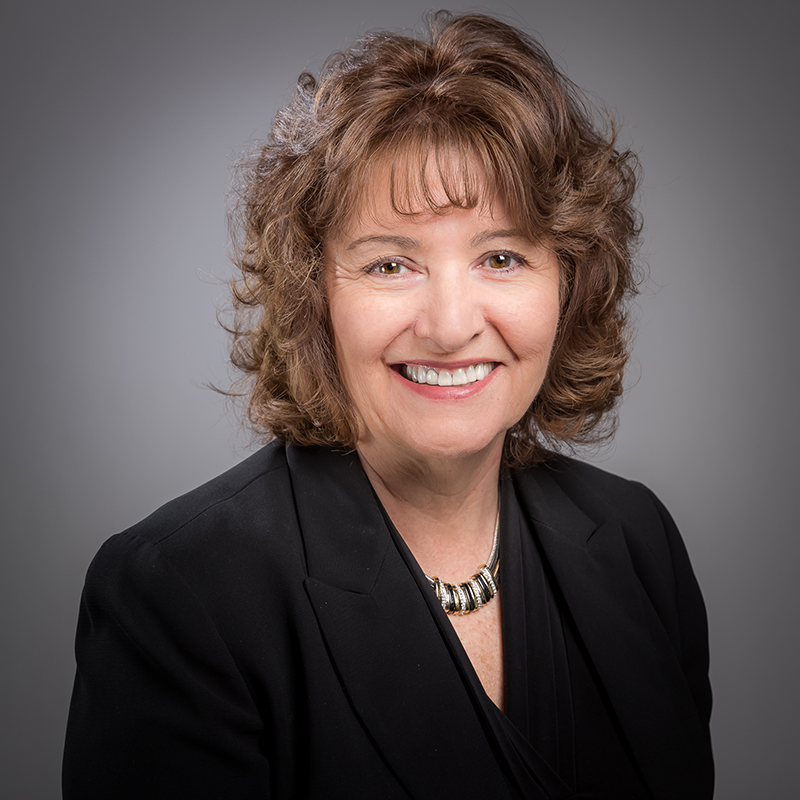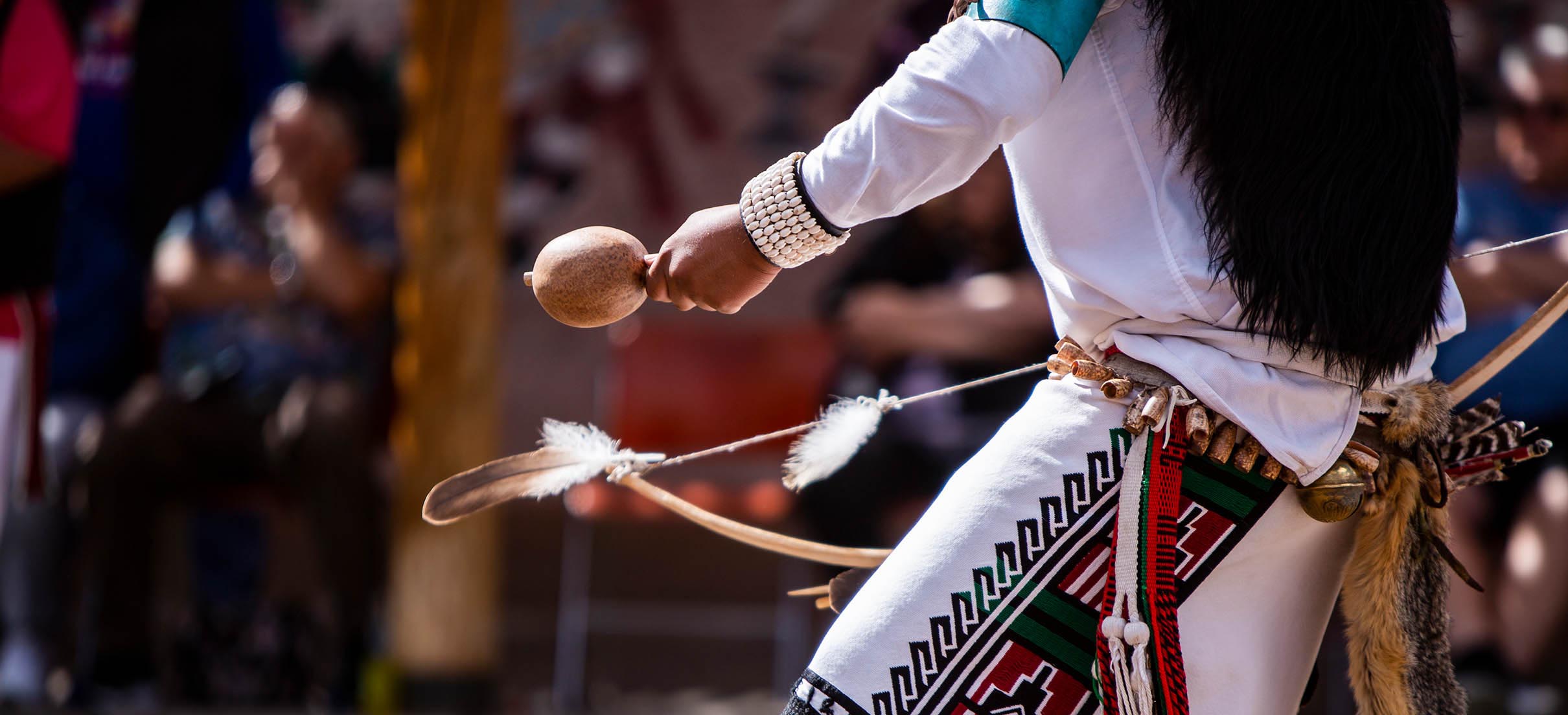The University of New Mexico Center for Native American Health (CNAH) has been approved as a public health institute by the National Network of Public Health Institutes (NNPHI). CNAH will further expand its public health activities in its new PHI, the Public Health Institute for Indigenous Knowledge and Development.
CNAH becomes the third indigenous PHI nationally and the second program in New Mexico to join the NNPHI network, said CNAH director Tassy Parker, PhD, RN, professor in the UNM Department of Family & Community Medicine.

CNAH joins Seven Directions, based at the University of Washington, as an NNPHI Category A PHI with a specifically indigenous focus, Parker said. “I’m excited to have communication with them and to collaboratively grow the indigenous public health presence nationally.”
The other indigenous-focused PHI is The American Indian Public Health Resource Center at North Dakota State University which is a Category B member, meaning it is a developing public health institute.
“As the University for New Mexico, we strive constantly for a higher quality of life for all New Mexicans, including expanding opportunities for vital health equity, necessary to promote stronger and more prosperous communities,” said UNM president Garnett S. Stokes.
“Having our Center for Native American Health formally approved as a public health institute is a big deal, and an important step toward ensuring we help meet the health care needs of indigenous people and tribal communities across New Mexico.”

The decision by NNPHI to approve CNAH as a public health institute is reflective of the outstanding public health knowledge and impact of Dr. Tassy Parker and the CNAH team.
“The decision by NNPHI to approve CNAH as a public health institute is reflective of the outstanding public health knowledge and impact of Dr. Tassy Parker and the CNAH team,” said Douglas Ziedonis, MD, MPH, executive vice president for Health Sciences and CEO of the UNM Health System.
“This is a great honor for UNM and the state of New Mexico. Joining the National Network of Public Health Institutes aligns extremely well with our School of Public Health initiative and other public health work across UNM Health and Health Sciences, the University and the state.”
Tracie Collins, MD, MPH, MHCDS, dean of the UNM College of Population Health, congratulated CNAH on its recognition as a public health institute. “This is an important milestone for New Mexico, as we are positioned to further address the public health needs of tribal communities throughout the state,” she said.
NNPHI, founded in 2001, includes more than 40 public health institutes, 10 university-based regional training centers and 40 affiliates. It connects more than 8,000 subject matter experts with its partners around the nation.
"On behalf of NNPHI, I congratulate CNAH for their exemplary work to improve the health and well-being of indigenous communities," said Vincent Lafronza, NNPHI’s president and CEO. "We welcome CNAH to our network family and look forward to learning from and working with the team on this important health journey."
 Parker said NNPHI membership confers unique resources and assistance, including locally driven regional training centers. “We would have access to all these resources as a public health institute,” she said. “They can help you create the platform for specific training and offer it to all the networks throughout the region and country.”
Parker said NNPHI membership confers unique resources and assistance, including locally driven regional training centers. “We would have access to all these resources as a public health institute,” she said. “They can help you create the platform for specific training and offer it to all the networks throughout the region and country.”
CNAH joins the Center for Health Innovation (CHI), based in Silver City, as the second NNPHI affiliate in New Mexico.
“We have met with them to make sure we weren’t going to duplicate efforts,” Parker says. “It’s actually a very nice complementary match. They weren’t necessarily focusing on Native communities, so we’re adding that element to the NNPHI access here in New Mexico.
CNAH will continue to conduct community health assessment training with a focus on sovereign nations. “That’s a highly specialized area,” Parker said. “We can extend NNPHI training in that way.”
CNAH has a shared interest with CHI in helping communities recover from the COVID-19 pandemic, she added. “That might look different from one community to another,” she said. “Some of it is culture-specific. Those are the kinds of the things we would address as an indigenous public health institute.”
CNAH has come a long way since it was established by the New Mexico Legislature in 2004 to address the vast health disparities faced by tribes, pueblos, nations and urban Native American communities, Parker said. “We have been funded on an annual basis ever since,” she said. The center also receives support from UNM Health Sciences and external grants and contracts.
The center’s staff consists of 10 faculty, staff and student employees, with an additional seven faculty affiliates.
In addition to the Public Health Institute for Indigenous Knowledge and Development, CNAH has two additional cores.
The first is Native American student and tribal health workforce development. At least 125 Native American students are pursuing health professions degrees at UNM Health Sciences, Parker said.
One measure of the center’s success is the record number of American Indian students – 52 in total – who graduated from Health Sciences programs this year, Parker said. They included 41 graduating nurses, four in population health/public health, one in medical laboratory sciences, one in emergency medical services, two pharmacy doctorates, one doctor of physical therapy and two physicians who completed their residencies.
CNAH’s second core is conducting health disparities and health equity research, Parker said. CNAH research is predominately funded by the National Institutes of Health. Focus areas include American Indian youth suicide prevention in primary care and opioid and other drug use.
Additional research looks into COVID-related health equity issues and several chronic diseases, such as hypertension and Alzheimer’s disease and other dementias.
“With CNAH, we intentionally built a flexible program in order to achieve a mission and vision that can address the changing health needs of tribes in New Mexico.” Parker said.
